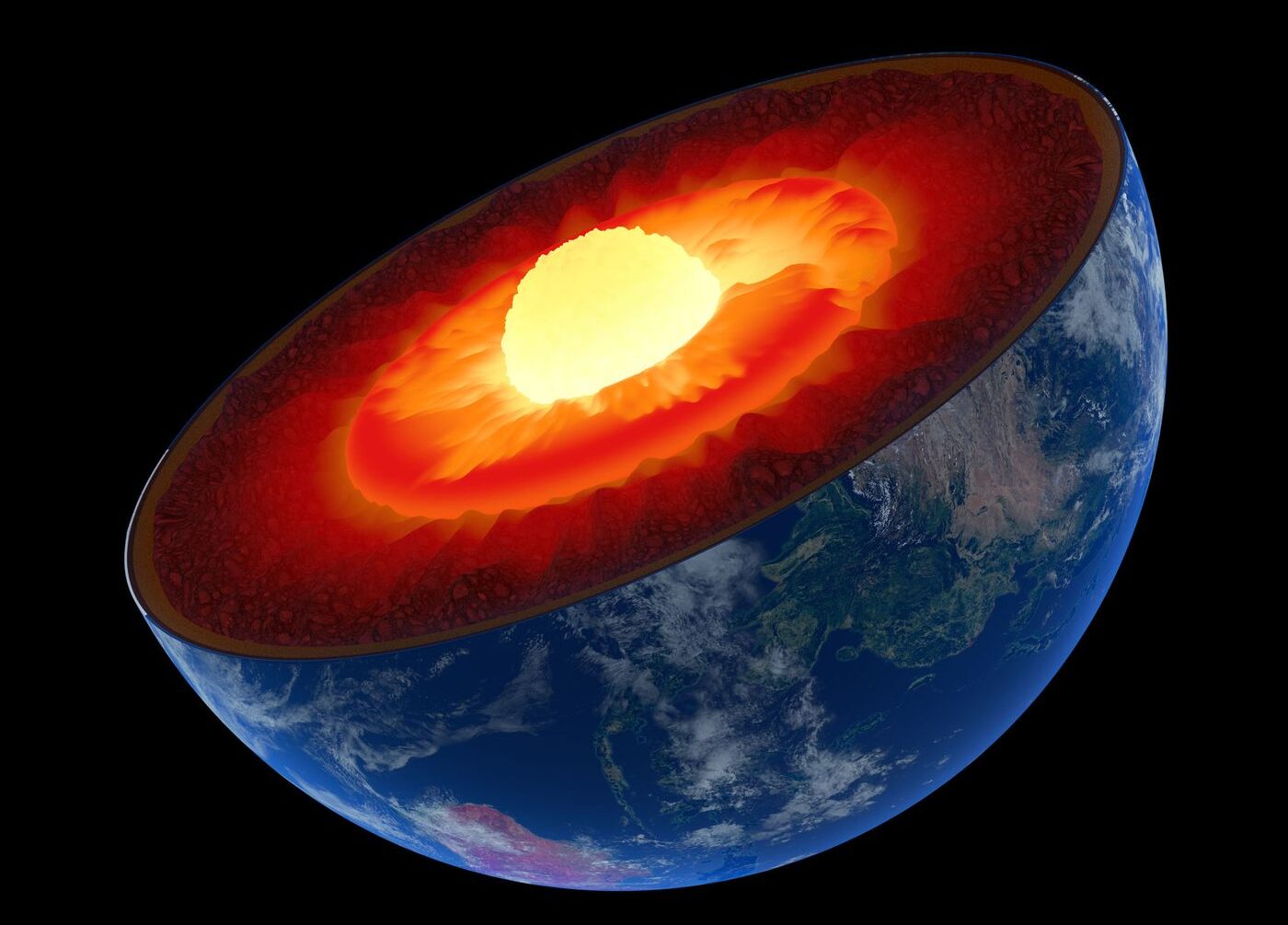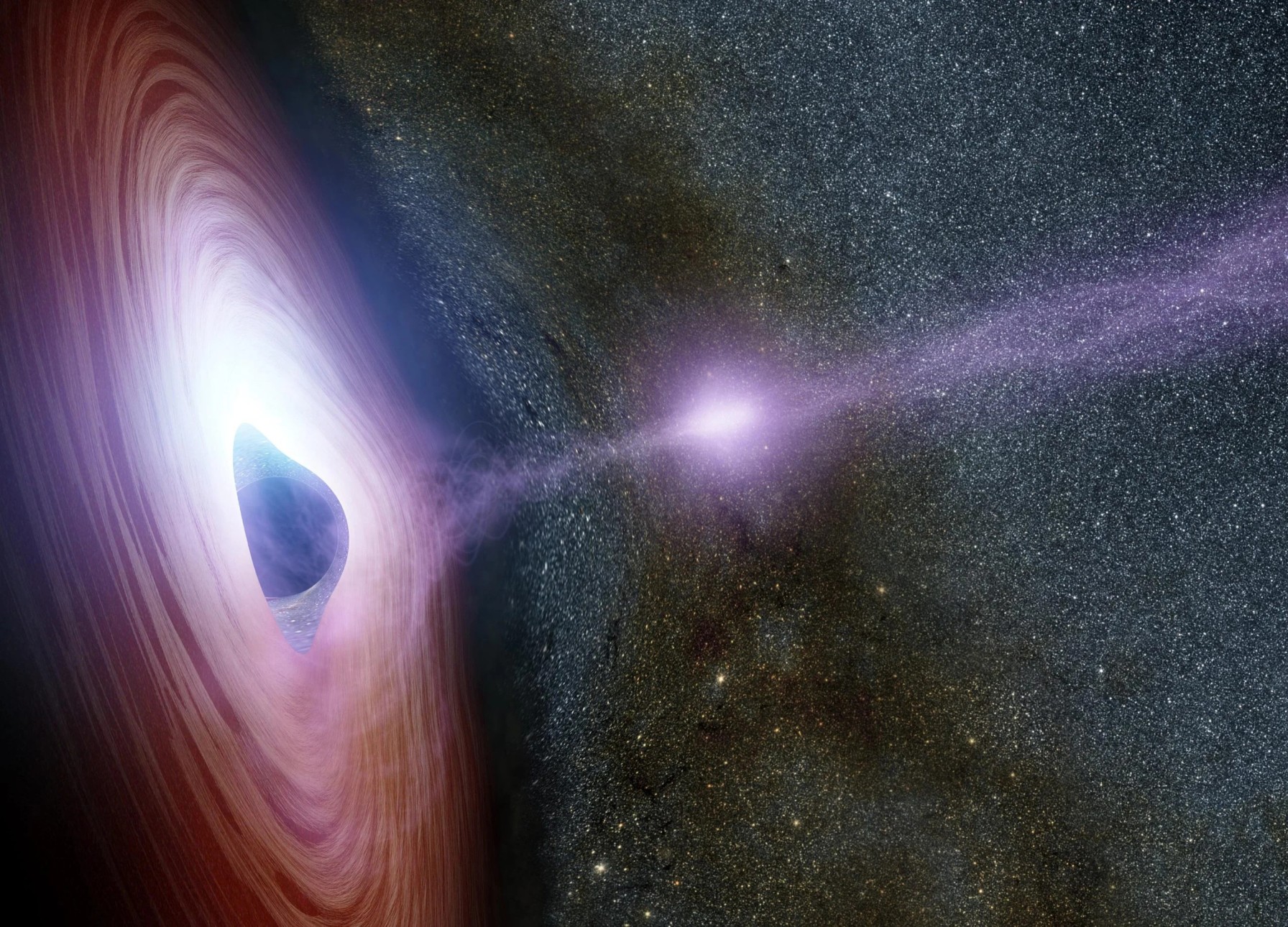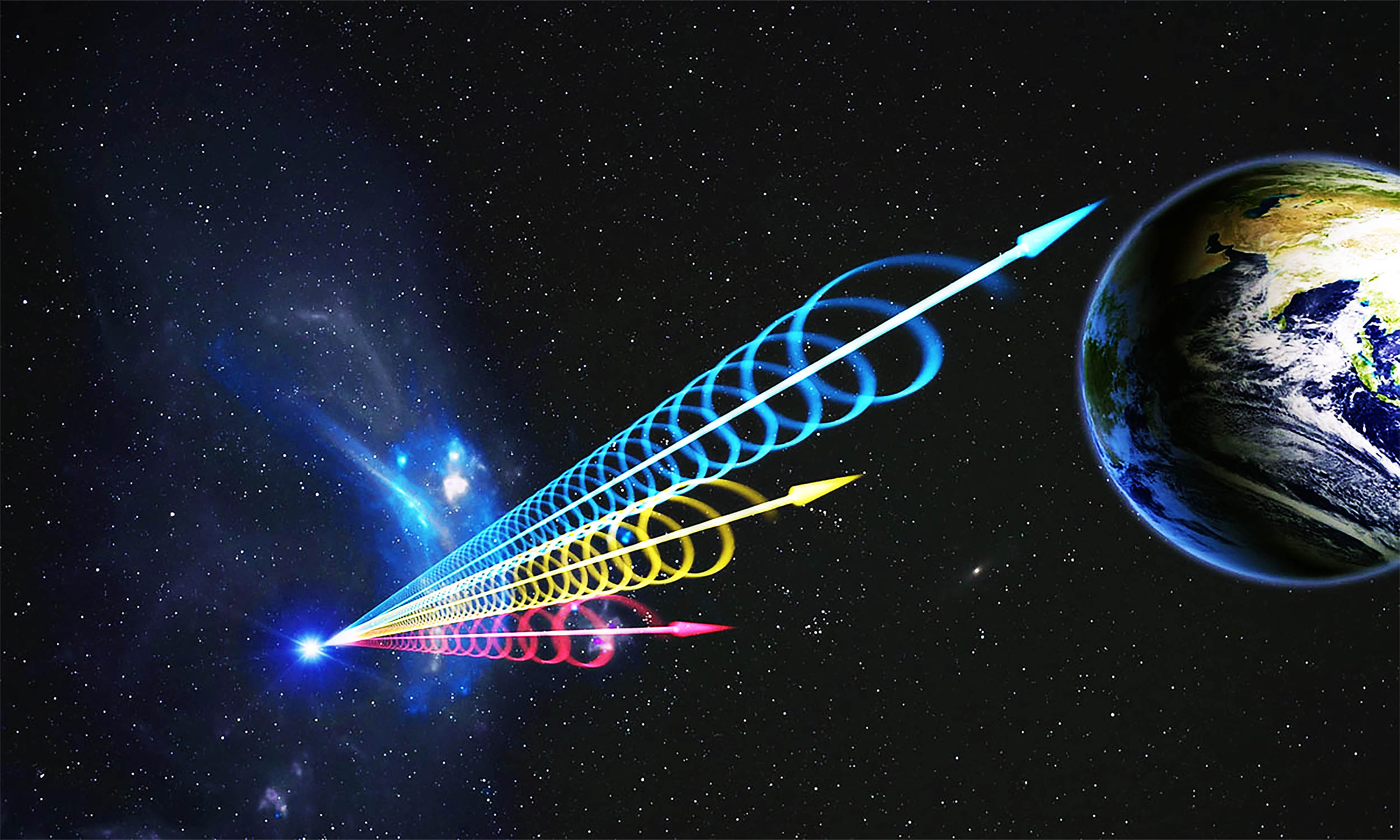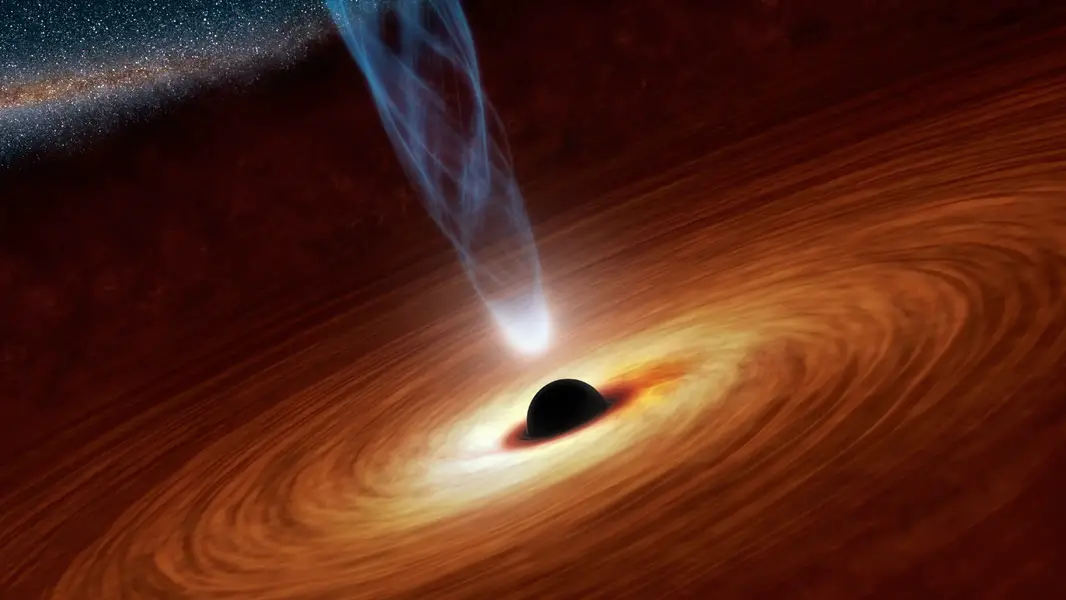Earth’s inner core tilts 0.17 degrees from the rotation axis, baffling scientists for decades.
Key Takeaways:
- Earth’s inner core experiences a mysterious wobble every 8.5 years.
- Scientists at Wuhan University have proposed a potential explanation for this rhythmic movement.
- The core’s tilt deviates 0.17 degrees from the rotation axis of the mantle.
- The findings could reshape how we understand Earth’s magnetic field and core dynamics.
- Alternative theories, including gravitational-magnetic interactions, are also explored in the study.
_________
![Gen-3 Alpha Turbo 2208893685, realistics movement , Cropped - 1082266219, M 5.mp4 [video-to-gif output image]](https://s2.ezgif.com/tmp/ezgif-2-151efd635e.gif)
The Earth’s core, a dense mix of iron and nickel, plays a critical role in sustaining life by generating the planet’s magnetic field. This field acts as a protective shield against harmful solar radiation. Despite this significance, scientists have long been puzzled by the behavior of the core, especially the inner core’s slight yet rhythmic movements. One intriguing phenomenon is the “Inner Core Wobble” (ICW), which occurs roughly every 8.5 years. A recent study conducted by researchers at Wuhan University, published in Nature Communications, has brought new insights to this mystery.
The study points out that the inner core’s axis tilts 0.17 degrees away from the Earth’s mantle rotation axis. This misalignment has implications for understanding the core’s motion and how it interacts with the rest of the Earth’s layers. By analyzing polar motion (PM) and variations in the length of the day (ΔLOD), the researchers suggest that the inner core rotates slightly eastward at a differential angle of less than 1 degree.
Understanding the Mechanics
According to Hao Ding, co-author of the study, these findings shed light on possible deviations in the core’s shape, suggesting that it may not be as perfectly spherical as traditionally thought. The tilt and rotation misalignment imply that there may be underlying density variations in the mantle and at the core-mantle boundary. This discovery challenges prior models that assumed a more uniform shape for the liquid outer core and indicates more complex interactions within Earth’s structure.
Ding had initially observed this 8.5-year signal in 2018 when studying Earth’s polar movement. The research at Wuhan University hints that this tilt could also affect the shape and movement of the liquid core, which might, in turn, influence the behavior of Earth’s magnetic field. The findings are pivotal as they contribute to a better understanding of the geomagnetic field’s fluctuations over time, a topic that has significant implications for navigation and technology reliant on magnetic orientation.
Competing Theories and Future Research
While the study adds weight to the idea of the core’s wobble being linked to structural misalignments, it is not the only explanation on the table. Alternative theories include the tug-of-war between the magnetic and gravitational fields of the Earth, as noted by other scientists. These forces may contribute to the complex motion observed in the inner core. Additionally, some researchers propose that the uneven shape of the core itself may play a role in its irregular movement.
Despite the progress, understanding the core remains a formidable challenge. Without the means to physically explore it, scientists must rely on indirect observations such as seismic activity and variations in Earth’s magnetic field. These observations act as breadcrumbs, leading geologists closer to unraveling the planet’s most profound secrets.
While the inner core’s wobble is just one piece of the puzzle, studies like this highlight the importance of continued research. With advanced models and interdisciplinary approaches, geologists hope to refine our knowledge of Earth’s inner workings and better predict how they may affect the planet’s surface in the future.




